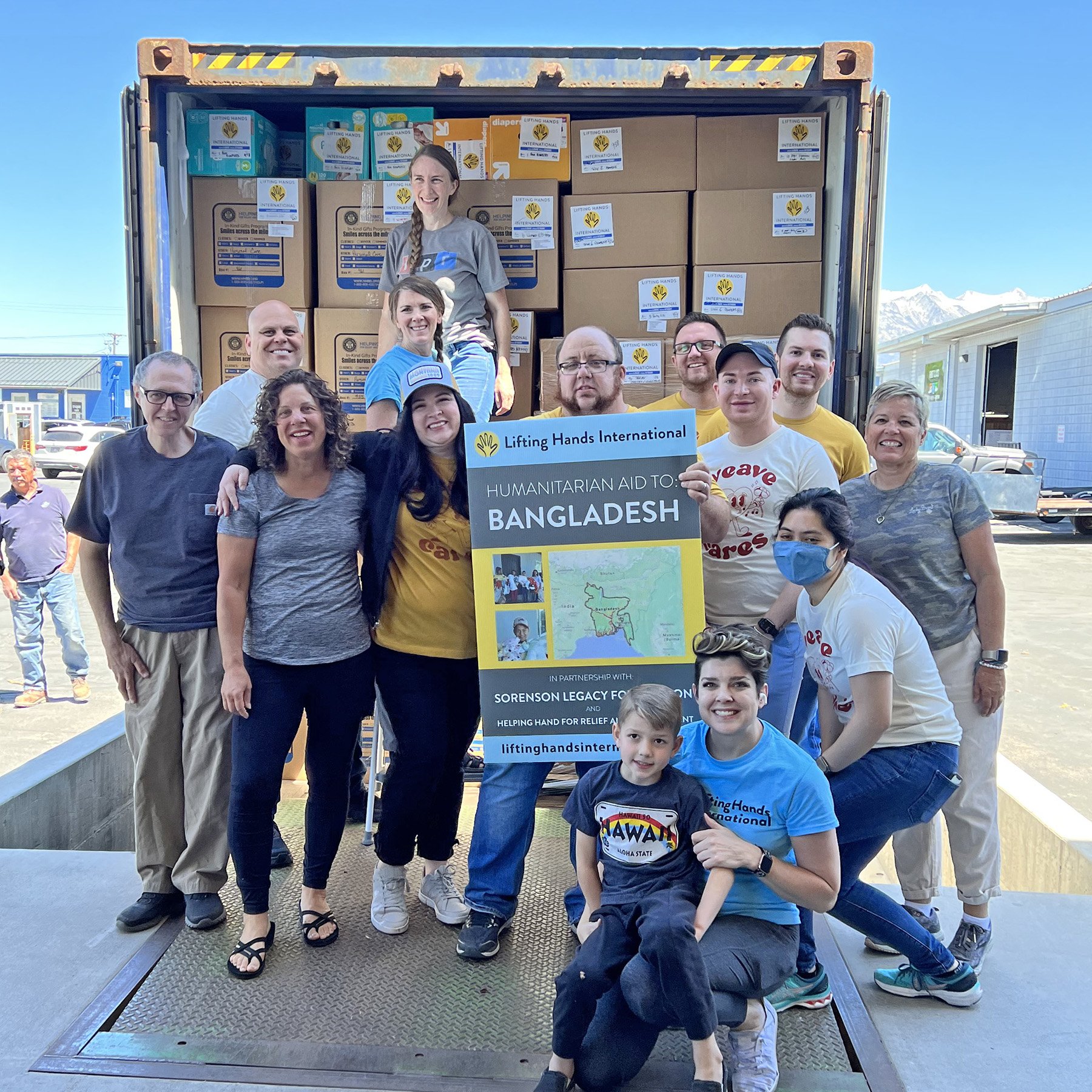Key Facts and How You Can Help
by Andrea Bocskor
Newly arrived Sudanese refugees near the border in Adre, Chad. UNHCR/Ying Hu
The ongoing conflict in Sudan is a severe humanitarian crisis that has displaced the largest number of people in the world. Since 2023, rival military factions have brought war to the country, affecting millions with famine and mass displacement. Here are some key facts about the crisis:
Approximately 10.7 million people (2.1 million families) are now internally displaced in Sudan (OCHA, IRC).
Over 1.5 million Sudanese fled to neighboring countries, including the Central African Republic, Chad, Egypt, Eritrea, Ethiopia, Libya, Rwanda, South Sudan, and Uganda. (UNHCR)
An estimated 25.6 million people—more than half of Sudan’s population—face acute hunger and require humanitarian assistance (CDP).
More than 755,000 people are nearing famine, representing the biggest global hunger crisis (OCHA, CDP).
Approximately 11 million Sudanese urgently need health assistance. Over 11,000 suspected cholera cases and outbreaks of measles, malaria, and dengue fever are ongoing in the region (WHO).
Around 19 million children have lost access to education due to the war. One in two Sudanese children–over 10 million in total–have been in an active warzone over the past year (Save the Children).
How LHI is Helping
We are positioned to help Sudanese refugees in Uganda. We asked refugee camp managers in Uganda what recently displaced families from Sudan most urgently need. The answer? Shoes and school supplies. Many Sudanese children were forced to walk long distances en route to safety, often without footwear of any kind. Shoes and access to school offer displaced children some stability while living in one of the biggest refugee camps in Uganda, Bweyale in Kiryandongo District.
Help Us Expand Our Response
Your support enables us to expand our emergency response for Sudanese refugees to other locations closer to the epicenter of the crisis. Our team is currently investigating local partners and identifying needs that aren’t being filled by other humanitarian orgs. Here’s how you can contribute:
Donate: Help us provide essential supplies and services, and expand our current emergency response. Your contribution will directly impact the lives of Sudanese children, women, and adults, helping them access essentials like food, water, hygiene items, and find hope amidst the crisis. Donate here
Volunteer: Join our team to make a direct difference in the lives of refugees. Volunteers play a key role in helping us provide aid around the world. Learn more here
Spread Awareness: Help us raise awareness about the crisis in Sudan. Share this blog through social media and conversations with friends and family. Spreading awareness is a powerful way to amplify our efforts and bring attention to the urgent needs of Sudanese refugees.
Together, we can make a significant impact on the lives of those affected by the crisis in Sudan. Thank you!












